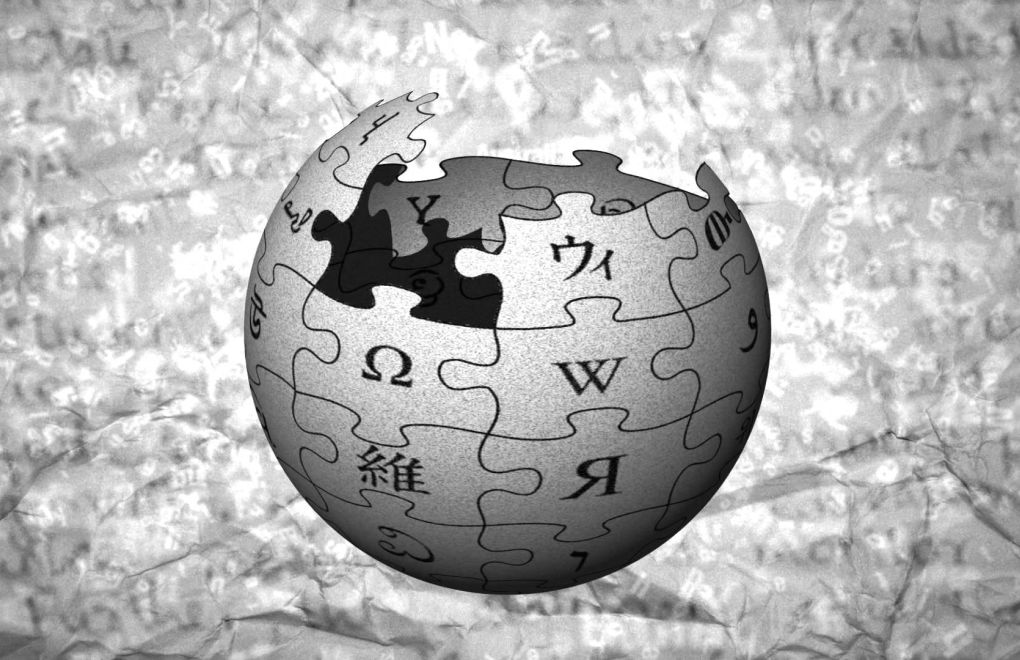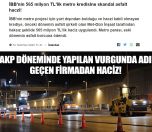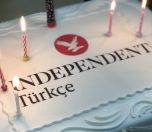Click to read the article in Turkish (1) (2) (3) / Kurdish
Access to Wikipedia in Turkey has been reopened after almost three years.
Complying with the Constitutional Court verdict of right violation, the Ankara 1st Penal Judgeship of Peace removed the order for access block to the website at around 4.30 p.m. today (January 15).
After the local court notified the verdict to the Information and Communication Technologies Authority (BTK), the relevant authority, Wikipedia has been reopened in Turkey as of 10.30 p.m. local time in Turkey.
It had been two years and eight months since access to Wikipedia was blocked in the country.
Justified ruling published today
Announcing its ruling on the individual application of the Wikimedia Foundation on December 26 last year, the Constitutional Court has ruled that the access block is a violation of freedom of expression.
Given by a majority of votes with the dissenting opinions of six members, the ruling was referred to the Ankara 1st Penal Judgeship of Peace for retrial.
When the local court notified the verdict to the BTK, the relevant authority, the access block to Wikipedia was removed today.
In the justified ruling of the Constitutional Court, it has been indicated that blocking access to the online encyclopedia does not comply with the requirements of a democratic societal order and the website contains no grave content that would justify the access block.
Akdeniz and Altıparmak as aggrieved parties
Considering the function of Wikipedia, the number of people who use the website, its recognition level in national and international platforms and the lack of an alternative in that regard, the Constitutional Court has concluded that Prof. Dr. Yaman Akdeniz and Assoc. Prof. Kerem Altıparmak are aggrieved parties as they have been deprived of such a source.
The justified ruling of the Constitutional Court has further indicated that the access block in question was imposed as per the Law no. 5661 and it has given the impression that this law leads to arbitrary practices.
Emphasizing that the Internet has an important value in using fundamental rights and freedoms, especially freedom of expression, the Constitutional Court has underlined that the interventions that would not meet the criteria put forward by the Court will violate the Constitution.
'Right to access information restricted'
In its justified ruling, the supreme court has further stressed that in order to justify an access block imposed on a content, there needs to be sufficient justification that would prove that the block in question complies with the requirements of a democratic societal order.
"The objection raised by the applicant against the access block was rejected on such grounds as 'damaging the reputation of the state', which could not be understood how it was considered within the scope of 'protection of national security and public order'", the Court has indicated further in its justified ruling and added that such a practice "makes one think that the concepts in question were loosely interpreted."
The justified ruling of the Constitutional Court has also emphasized that the access block to Wikipedia has restricted not only the applicant's right to spread information and opinions, but it has also restricted the right to access information and opinions of all users in Turkey.
What happened?
The Ankara 1st Penal Court of Peace blocked access to the website on April 29, 2017 on the ground that some comments and articles on the online encyclopedia "attempted to pose Turkey as operating on the same ground and in cooperation with various terrorist organizations."
Exhausting all domestic remedies, Wikimedia Foundation took the access block to the European Court of Human Rights (ECtHR).
The ECtHR accepted the application of Wikimedia in July 2019 and the trial still continues at the court. Apart from Turkey, access to Wikipedia is currently blocked from China and Venezuela. (TP/AS/EKN/SD)







